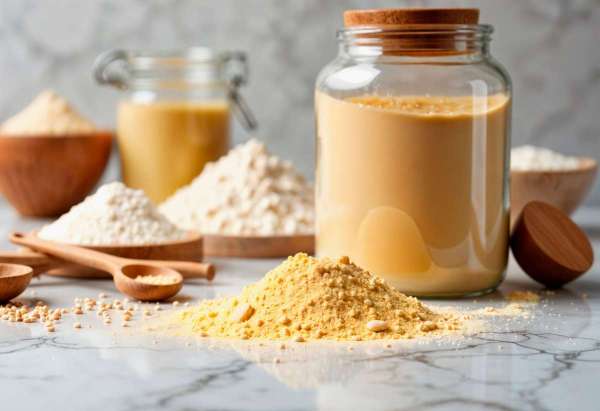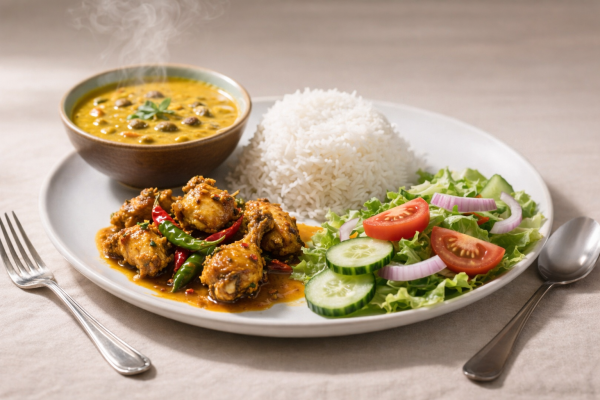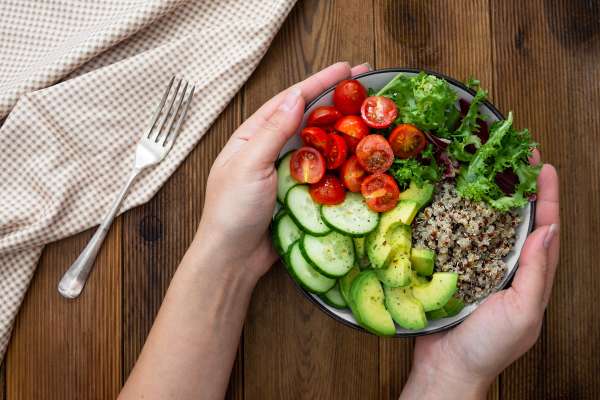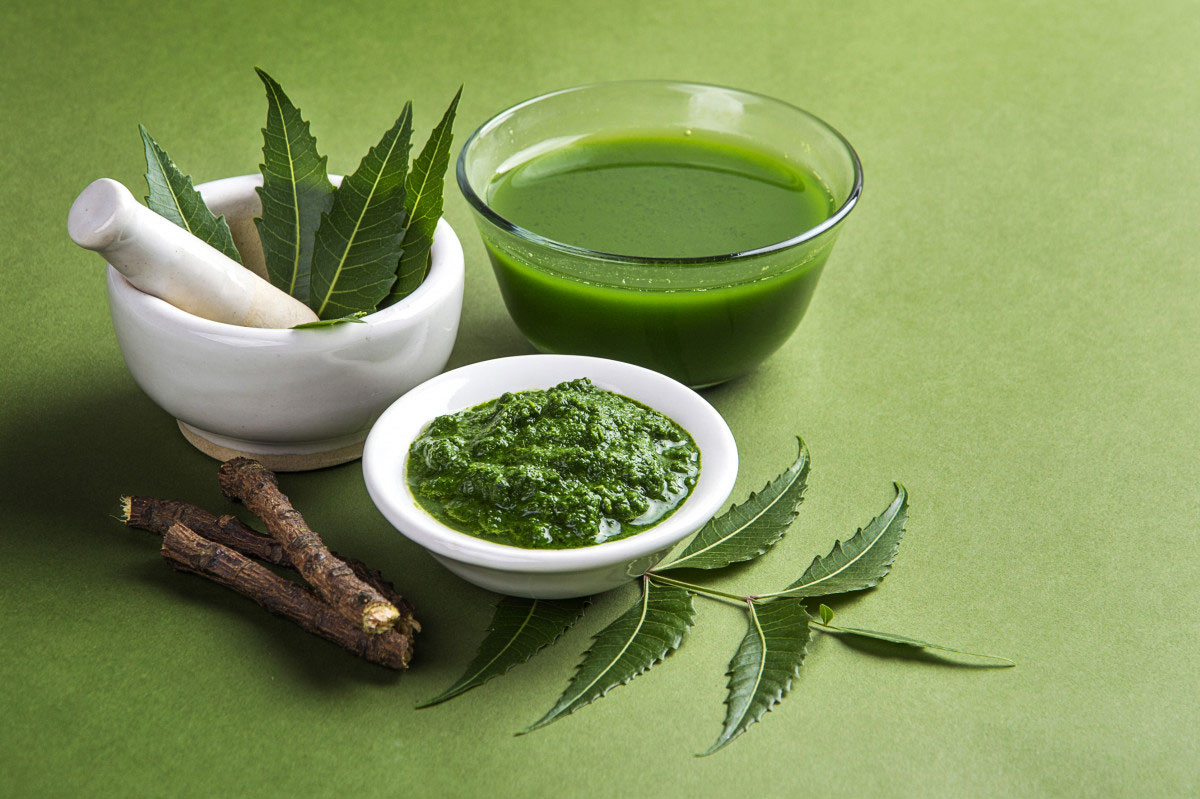
Cooking with neem
Ayurveda spoke about neem’s healing properties centuries ago, but the tree with the bitter tasting leaves is still used for different reasons. Here are some unique ways in which it can be included in the kitchen.

Neem, the miraculous tree owing to its medicinal properties, is considered nothing less than a saviour. It is bitter, but that’s better in this flu season. This is one superfood that is known to not only boost your immunity but also helps clear toxins from your system. Ayurveda refers to the benefits of its fruits, seeds, oil, leaves and roots. Recent pharmacological studies too have supported the antiviral properties of this medicinal plant.
Enriched with natural goodness, it, therefore, makes sense to include neem more often in your meals. Our grandmothers also vouched for its healing powers. The neem trees are in full bloom in March-April. The small white blossoms are collected either by plucking them from the tree along with the leaves or from the ground. Traditionally, Bengalis fry the tender leaves or flowers in a bit of ghee and mustard oil, and mix this with steamed rice with a pinch of salt for a delicious meal.
Chef Amrita Raichand who specialises in healthy cooking recommends neem in our daily diet.

She says, “Neem has been known since times immemorial having antiseptic properties that is why if someone has chicken pox, they are recommended to have a bath with neem leaves immersed in water. Also neem juice is often recommended for purifying blood as it removes toxins, which results in better immunity.”
Here are some other ways to include this superfood in your kitchen in these testing times:
Neem-Begun
Crispy fried tender leaves combined with eggplants is the one Bengali spring detox dish. It is light, refreshing and helps revive the appetite. The bitterness of the tender neem leaves complements the sweetness of the eggplants. According to traditional Ayurvedic practice, a Bengali meal typically starts with something bitter, moves to spicy and ends with a sweet dish. And starting with eating neem-begun during the months of March-May highlights the significance of clean eating.
Neem Aloobhate
This dish is every Bong’s quintessential comfort dish. Tender neem leaves (which are less bitter) are deep-fried, crumbled and sprinkled on mashed potatoes. Temper the aloo with dry red chilli and kalonji. It goes well with steamed rice and ghee.
Vepampoo (Neem Flower) Rasam
Tamilians celebrate New Year with neem flowers and raw mangoes to symbolise growth and prosperity. A particular favourite on Tamil New Year, the combination of sweet, sour and bitter in this rasam aids in digestion. Therefore, it makes sense to include it once a week. Dried neem flowers are roasted first. Dried red chillies, curry leaves, asafoetida, mustard seeds and toor dal are then tempered in ghee in a separate vessel. Tamarind pulp, water, salt and sugar are poured into this mixture. Finally, the roasted neem flowers are added. The rasam is traditionally paired with rice.
Neem Flower Chutney Powder
This immunity-boosting and gut-improving chutney powder is made with dried neem flowers, urad dal and toor dal. The custom of eating this chutney powder reiterates that one should accept the bitter with the sweet experiences of life.
Raw Mango-Neem Flower Pachadi
The pachadi served during the Tamil New Year has six flavours: sweet (inippu), salt (uppu), spice (urappu), bitter (kasapu), sour (pulippu) and astringent (thuvarpu). It uses ingredients like jaggery, salt, red chilli, neem flower, raw mango and turmeric.
Ugadi Pachadi
This traditional dish cooked on Ugadi (New Year) in Andhra Pradesh and Telangana consists of neem buds, jaggery and ripe banana, green chillies or pepper, tamarind juice, raw mangoes and coconut. The concoction is made in an earthen pot to enhance its earthy flavour.
Do you know any neem dish? Share in the comments below. And if you have a recipe, even better. We would love to feature it. Just sign-up and upload your recipe.
Tags
0 Comment
You may also like
-

Health and wellness Think you need protein shakes? Your kitchen disagrees
by Vikhroli Cucina
-

Health and wellness I tried everything to lose weight, this is what finally worked
by Ankita Andezhath
-

Health and wellness Snack smarter to work better: A WFH guide to focus-friendly foods
by Vikhroli Cucina
-

Health and wellness Gut-boosting bowls: Tasty, filling and full of goodness
by Vikhroli Cucina

